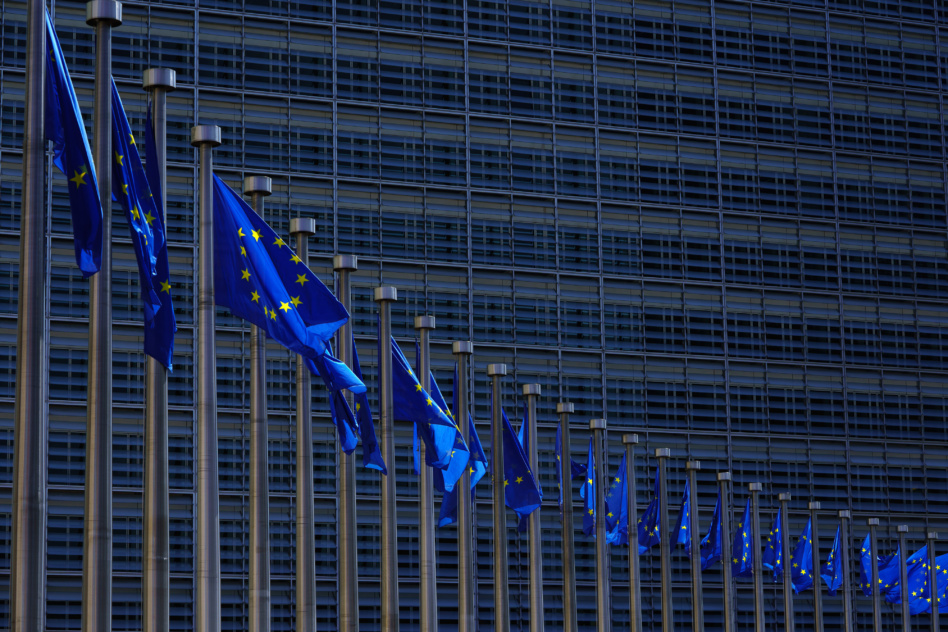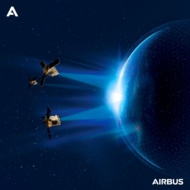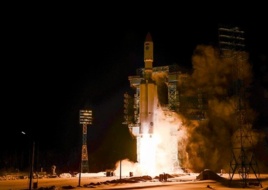The US State Department submitted comments on the EU Space Act this week that reflect the angst of European industry about the proposal.
The State Department criticized the proposed legislation as being the antithesis of earlier agreements between the US and Europe, saying the act could create a hostile environment for further collaboration and innovation on the continent.
While the comments vehemently defended US commercial interests in Europe, they also reflect, in many cases, the anxieties that European space industry leaders have shared with Payload this year. While the American perspective is often unwelcome in European policy debates, it seems this time may represent a rare exception.
Barrier building: In October, Payload Europe held its first ever webinar, and spoke with industry leaders about the proposed EU Space Act. Many of the concerns voiced by officials then—and by the US State Department this week—were one and the same. Namely, proposed regulations could build unnecessary barriers between countries, and disproportionately impact the startup ecosystem.
The State Department pointed out that if the EU Space Act is meant to supersede national regulations and international agreements already in place, they could stymie many bilateral projects to the broad detriment of the space industry.
“These non-tariff barriers would introduce challenges in the areas of space weather, remote sensing, space exploration, spaceflight safety, space debris mitigation and remediation, communications, as well as cooperations with the European Space Agency,” the State Department said.
Many of the State Department’s comments were focused on ensuring that EU Space Act regulations would not apply to US businesses, either those operating in Europe or launching European payloads from across the pond. The idea of jurisdiction, however, was one shared among European operators.
“Heavy burden[s] could also potentially drive to some type of forum shopping,” Sara Dalledonne, lead on EU relations and regulatory affairs for the European Space Policy Institute, said on the Payload webinar in October. “Operators will start looking into establishing themselves and seek[ing] authorization…in other countries less stringent or more favorable.”
Affordability: The State Department’s defense also criticized the regulatory burdens as being anti-innovation.
In October, Seraphim CEO Mark Boggett shared on the Payload webinar that his portfolio companies were worried chiefly about “compliance overload” and “additional costs” that the regulation would place on satellite operators and launch aspirants.
The State Department seemed to be on the same page, saying the necessity of life-cycle analyses and environmental-footprint reviews introduced “prohibitive costs, particularly for smaller companies and startups who drive innovation in space.”




